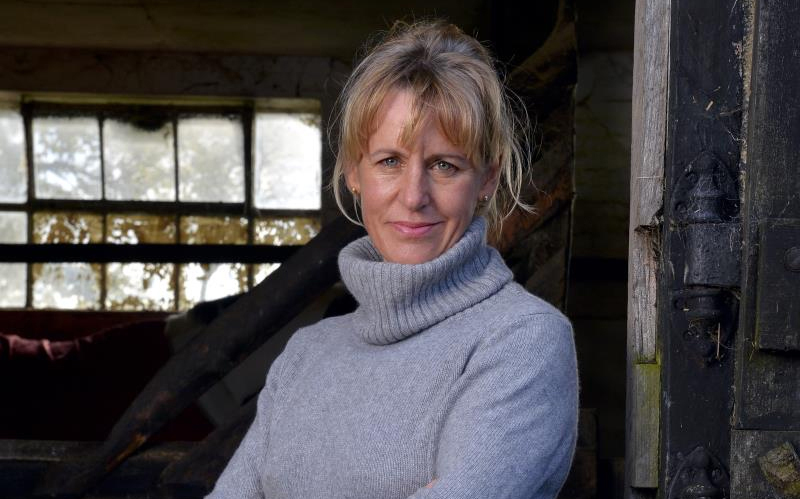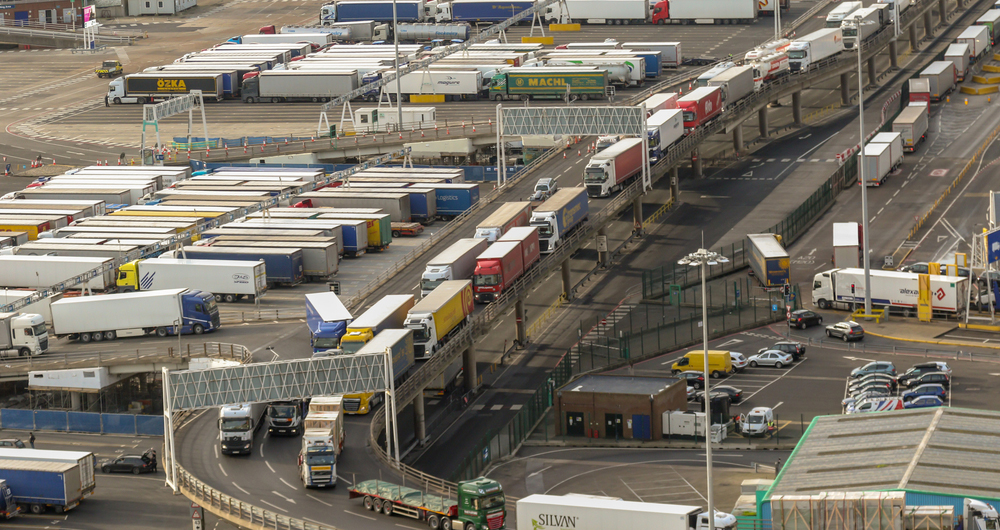The UK Government has announced significant changes to timetable for the implementation of checks and controls on EU imports into the UK.
Under the Border Operating Model, the introduction of certain controls on EU goods entering the UK market, including Sanitary and Phytosanitary (SPS) and customs controls, will be phased in. Under the changes several of the key dates for implementation of new controls, such as health certificates or inspections, have been delayed.
Animals and products of animal origin
Key changes are as follows:
- Pre-notification and export health certification for POAO will not be required until 1 October 2021 – previously this was 1st April 2021.
- Physical checks for POAO at BCPs will not take place until 1 January 2022 – previously this was 1st July 2021.
- Physical checks on live animals at BCPs will not take place until March 2022 – previously this was 1st July 2021. Currently they are taking place at destination based on risk assessments.
Read the full Animals and Products of Animal Origin (POAO) guidance on the GOV.UK website.
Plants and plant products
Key changes are as follows:
- Phytosanitary certificates and pre-notification will not be required for regulated plants and plant products (including fruit, vegetables and cut flowers) until 1 January 2022 – previously this was 1 April 2021.
- Physical inspections on regulated plants and plant products will come into force on 1 March 2022, and these will take place at authorised Border Control Posts – previously this was 1 July 2021.
- Physical inspections for high priority plants and plant products (including plants for planting, some seed, seed and ware potatoes, used agricultural machinery) will take place at BCPs from 1 January 2022 – previously this was 1 July 2021. Until then inspections will continue to take place at authorised Places of Destination (PoDs). Phytosanitary certificates will continue to be required for high priority plants and plant products, with pre-notification via the PEACH IT system until the new IPAFFS system comes online later this year.
- The introduction of inspection fees for EU imports of high priority plants has been postponed until 1 June 2021 – previously this was 1 April 2021.
- More information on the ontrols for plants and plant products can be found.
Read the full Plants and plant products guidance on the GOV.UK website.
Customs
Customs import declarations will still be required, but the option to use the deferred declaration scheme, including submitting supplementary declarations up to six months after the goods have been imported, has been extended to 1 January 2022. Safety and Security Declarations for imports will not be required until 1 January 2022. Traders moving controlled goods into Great Britain will continue to be ineligible for the deferred customs declaration approach. They will therefore be required to complete a full customs declaration when the goods enter Great Britain.
UK goods entering the EU already face full border controls, without any phasing in. Read the full response here.
More from NFUonline:
- Movement of British plants and plant products to Northern Ireland eased
- Movement Assistance Scheme now covers Organic Certification Requirements
- New rules to Plant Health Import Controls

NFU President Minette Batters, pictured above, said:
“Since 1 January the UK’s agri-food sector has been struggling with the additional costs and burdens that moving goods to the EU now entails. It is therefore frustrating that our government is not taking a similar approach to the treatment of imports coming into Great Britain from the EU.
“Our exporters face additional costs and run the risk of financial losses if products are turned back or held up at the border, yet today’s announcement means that EU producers will maintain access to the UK market relatively burden-free for a considerable amount of time. It is crucial that we achieve a level playing field with pragmatic checks on imports and exports as quickly as possible.
“However, we also recognise that for certain food products this extension is a necessary step to ensure supermarket shelves remain well stocked. For example, there are some fruit and vegetables that can’t be grown in the UK or that won’t be in season or widely available.
“Live animal imports for breeding will not require checks at Border Control Posts until March next year, which is a pragmatic solution whilst there are still no UK facilities able to host them at the border. We will continue our discussions with ports in both the UK and EU that would be able to suitably support this trade to try to ensure it can continue.
“There remains a lot of outstanding issues that we want the UK and the EU to resolve as part of ongoing relationship discussions. More needs to be done to address the burdens on exporters to the EU, including the digitalisation of outdated paperwork requirements for health and organic certificates, and streamlining physical and administrative checks at the border.
“We also need the continued ban on exports of UK seed potatoes to be urgently addressed. In the meantime, while the ban remains in place, our government must set out how it will support the British growers affected.”
